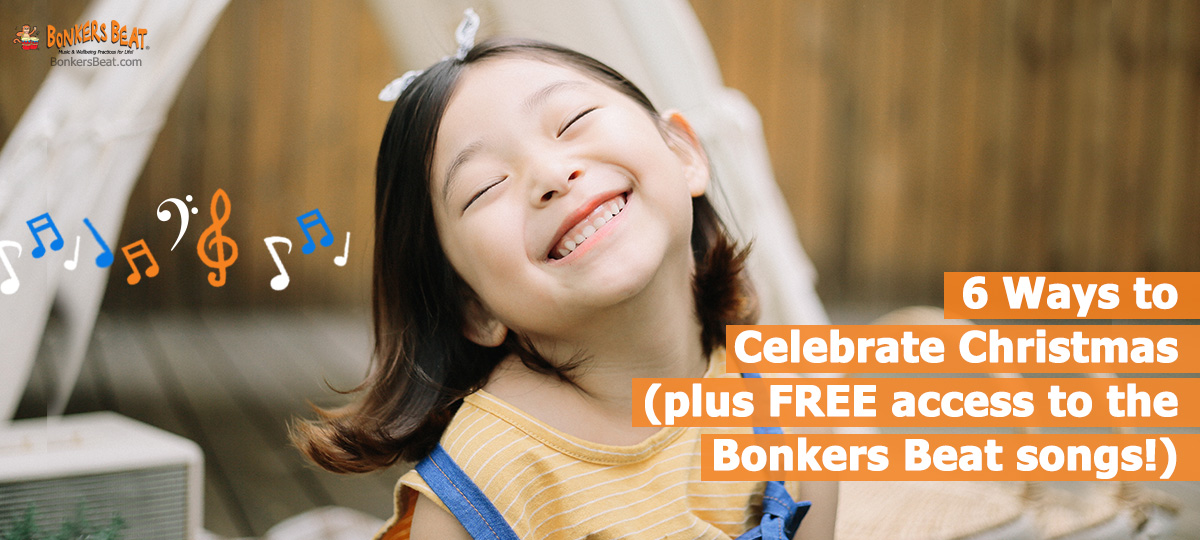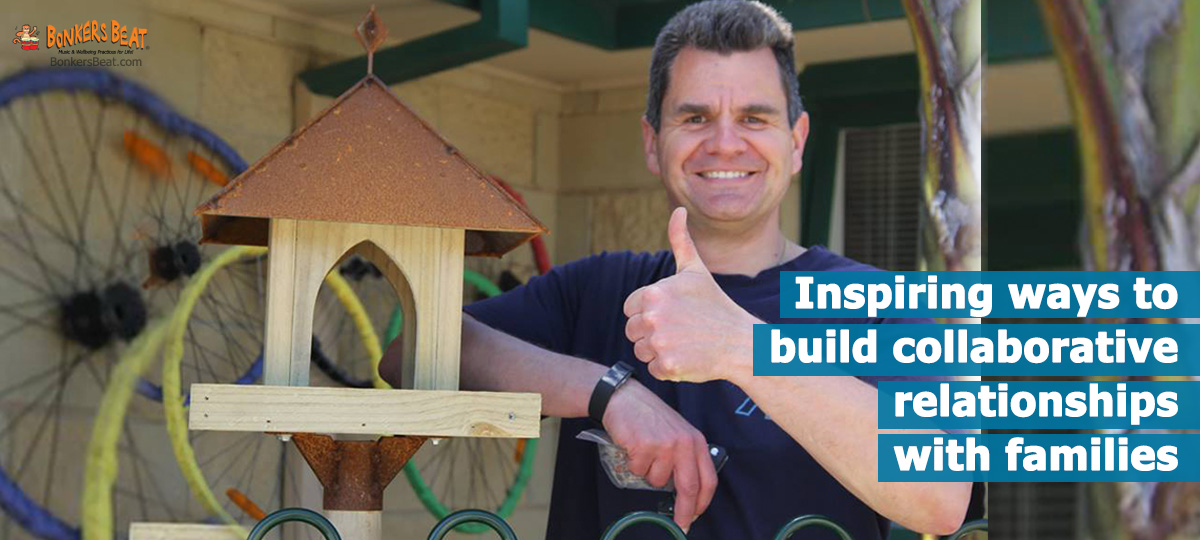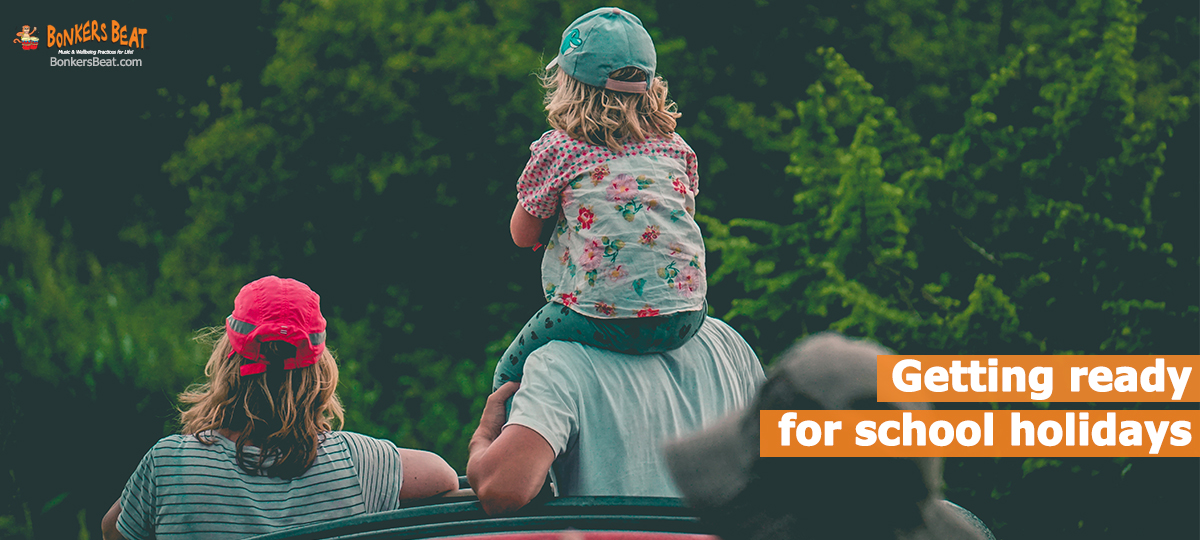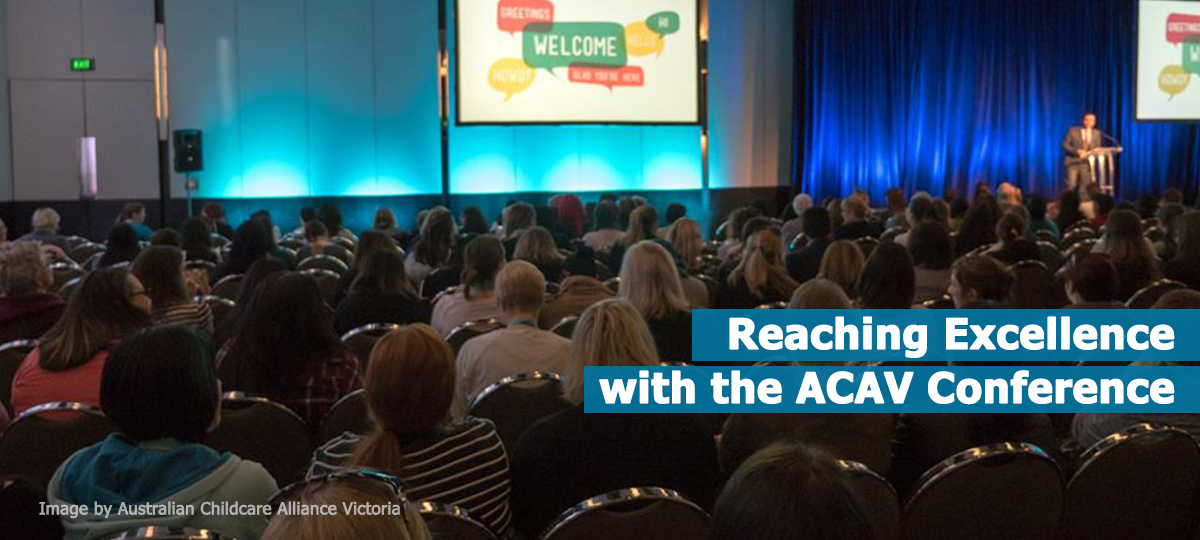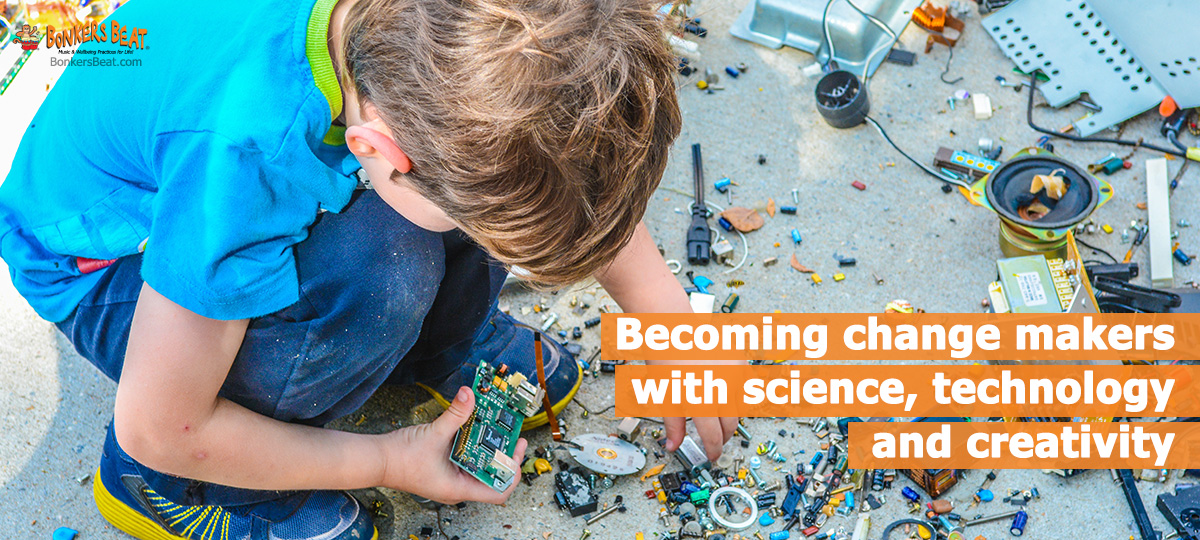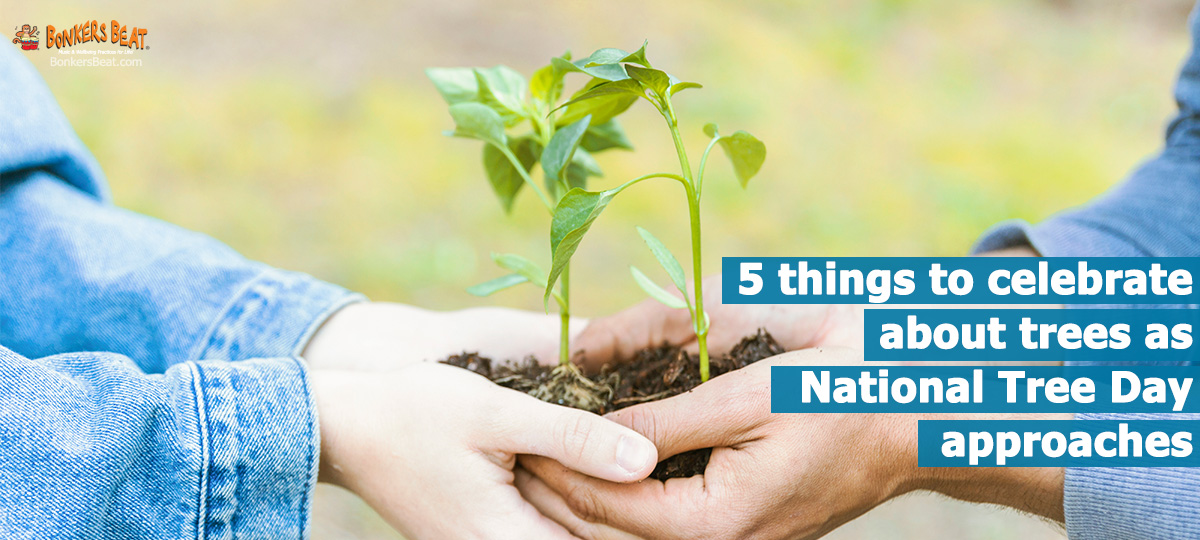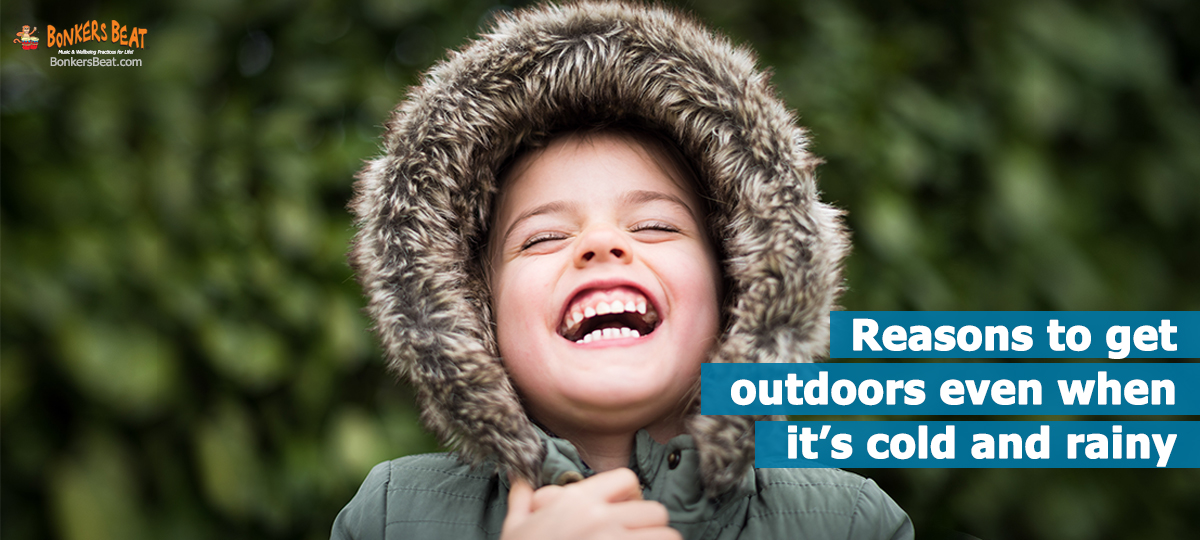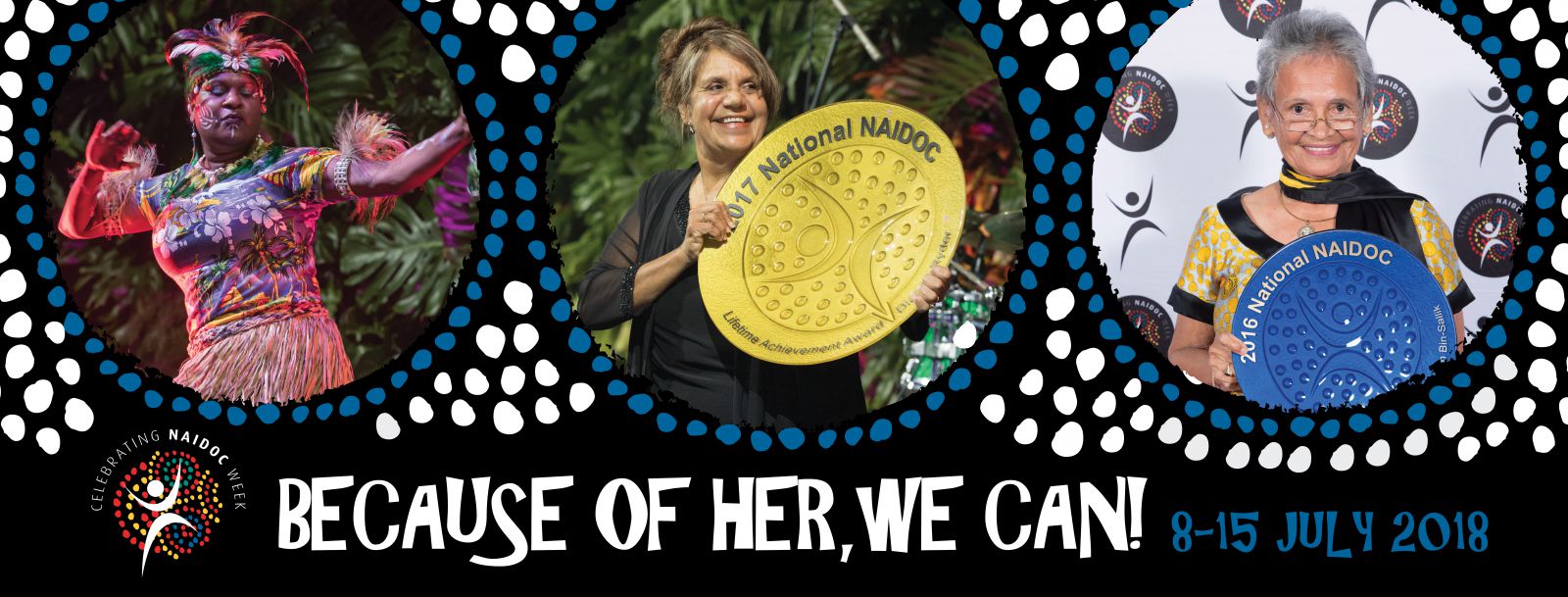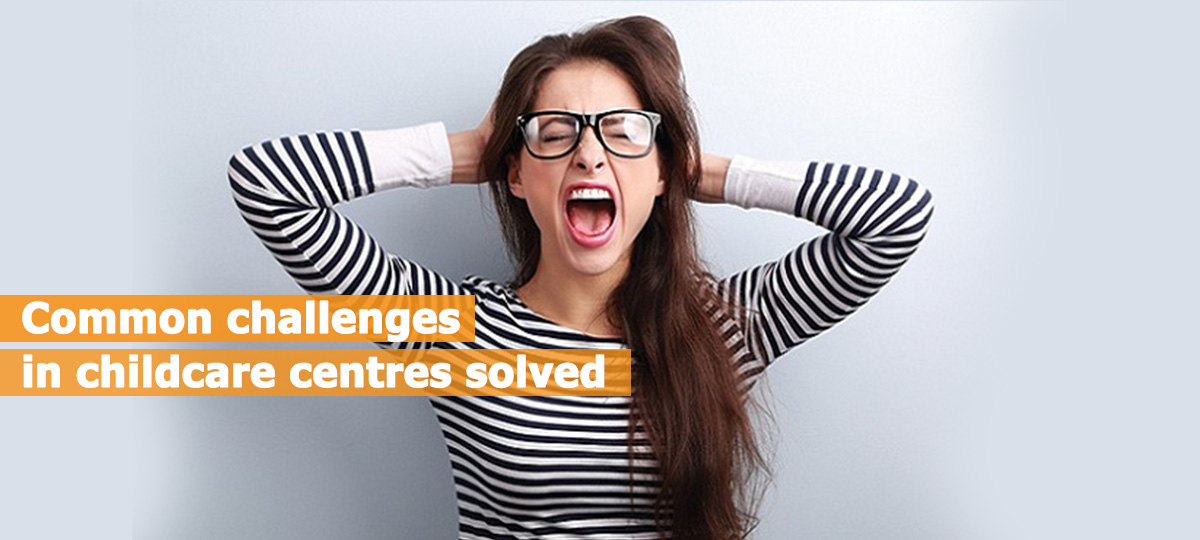In case you didn’t realise, it is Christmas in less than six weeks! Have you got the remainder of the year mapped out in your centre? What about your plans for the New Year to get 2019 off to the best start imaginable? Well, you’re in luck. Not only have we got six special Christmas ideas to share with you, but also an extra special gift – free access to the award-winning Bonkers Beat Program!
We are giving you your free access as an early Christmas present, so you can utilise all that it has to offer from now until Christmas Day! Sign up here!
- Sing, sing, SING: This festive time of year is a wonderful time to get singing! With free access to Bonkers Beat’s well-loved children’s songs, you have plenty of resources to get children (and staff!) singing all day long and feeling the excitement of this time of year.
- Arrange an end of year concert: if you haven’t yet, there’s still time to put together a Christmas concert or end of year presentation with children. Use your free Bonkers Beat access to include three Bonkers Beat songs. It’s simple to implement: just watch the videos, print the words and even enhance children’s engagement with the songs through the suggested provocations. Children will love seeing out the year with such fun, and parents will go away raving about your centre.
- Keep it inclusive and diverse: Have a focus on inclusion in your end of year celebrations. Explore Christmas the world over and even talk about the fact that not all cultures celebrate Christmas. Where possible, involve families and educators in discussing how they celebrate during the festive period. These books could help too.
- Cooking to celebrate: Christmas and other celebrations often have many different cuisines associated with it. Why not get children exploring this? How do you make the food, what does it symbolise, what do their families eat when celebrating?
- Special reflections: As the end of the year approaches, encourage children to reflect. What has been learned this year? How are things different now compared to the beginning of the year? Reflections can relate back to Christmas, other cultural celebrations or the year that was.
- Inclusive craft: Fostering a sense of belonging is important all year round, so consider the diversity of your children and families when planning craft. It can be helpful to shift the focus to the giving of gifts and appreciation of family, so making presents for loved ones is a great idea.
And don’t forget to come and get your gift of almost 6 weeks of free access to our Bonkers Beat Programs! If you start embedding our programs immediately, you can see the year out with so many benefits:
- Parents raving about your centre
- Educators feeling motivated with improved practical skills
- An enhanced curriculum that boosts children’s brain development
- A centre with a fun and stimulating environment
- Engaged parents and even your entire local community
- Happy, confident children with tools to learn and express themselves
Discover more about the Bonkers Beat Programs here.
Ready to get started on your free, no obligation, no strings attached trial? CLICK HERE!

